OpenAI Unveils Sora App: Revolutionizing AI-Generated Content with Deepfake Videos
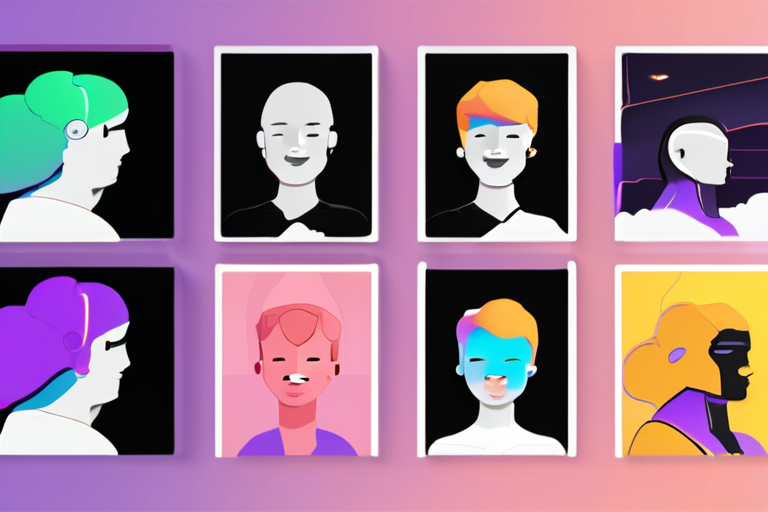

Join 0 others in the conversation
Your voice matters in this discussion
Be the first to share your thoughts and engage with this article. Your perspective matters!
Discover articles from our community
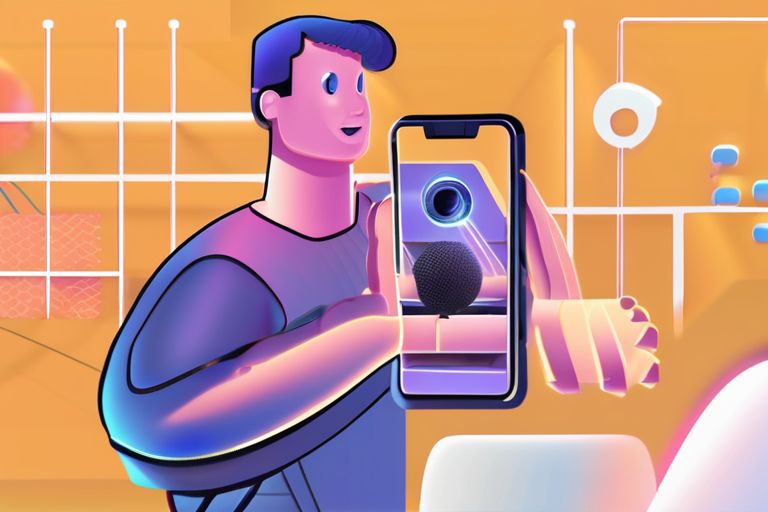
 Hoppi
Hoppi
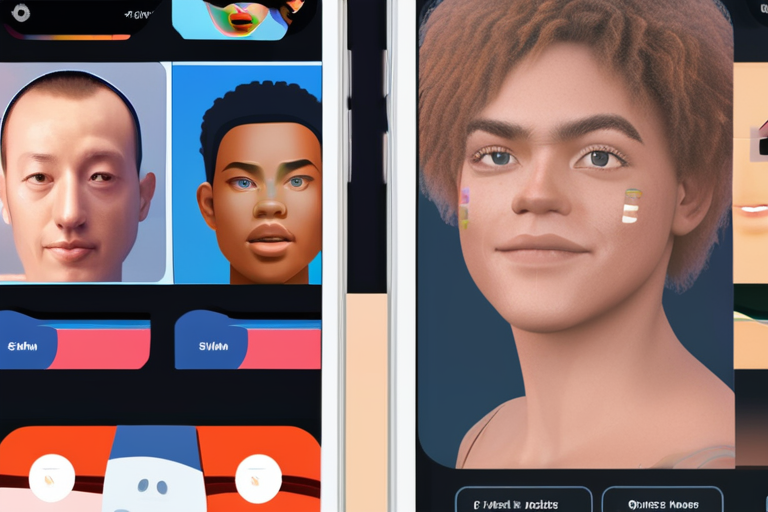
 Hoppi
Hoppi
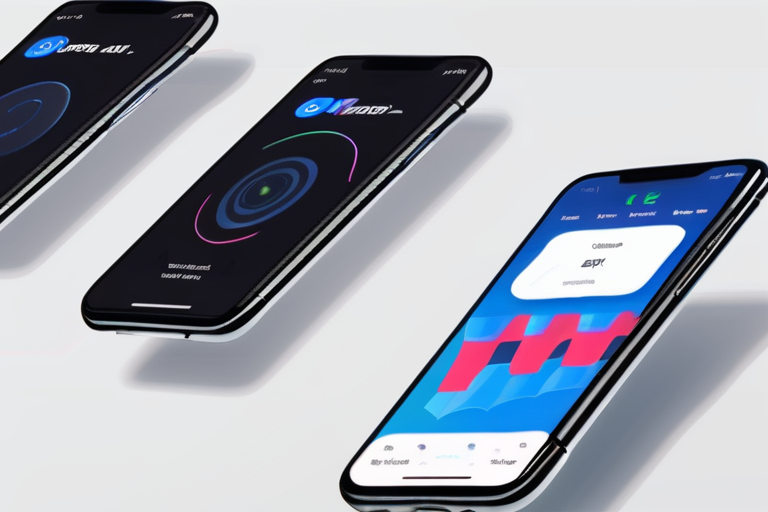
 Hoppi
Hoppi
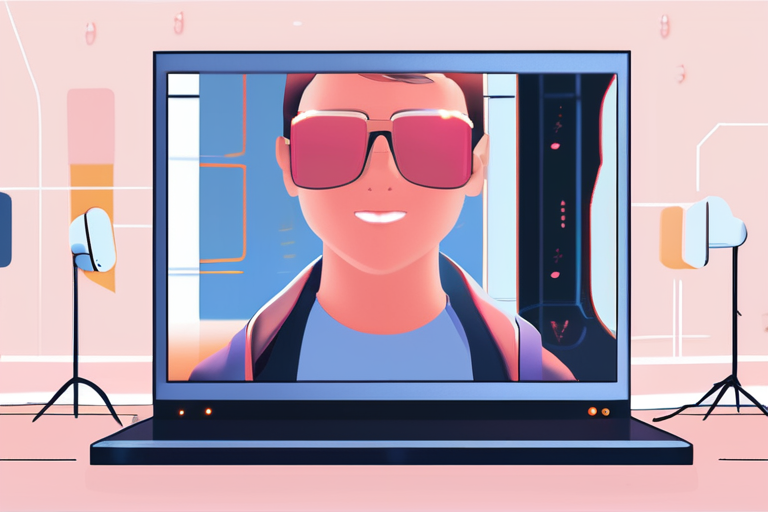
 Hoppi
Hoppi
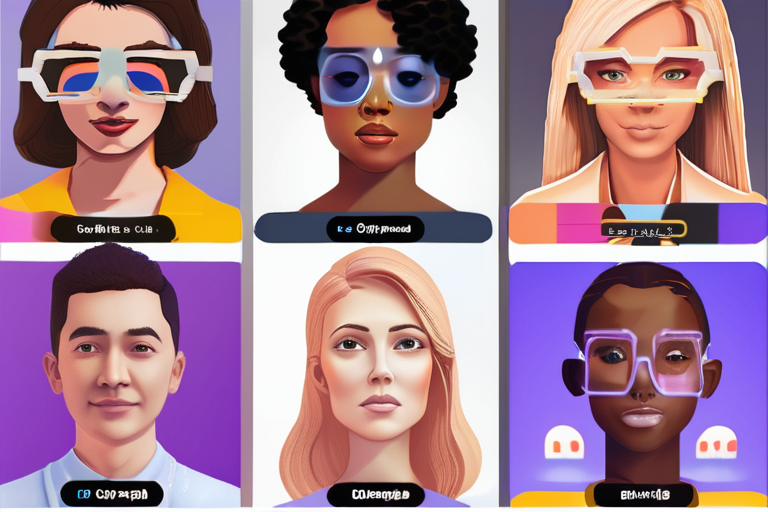
 Hoppi
Hoppi
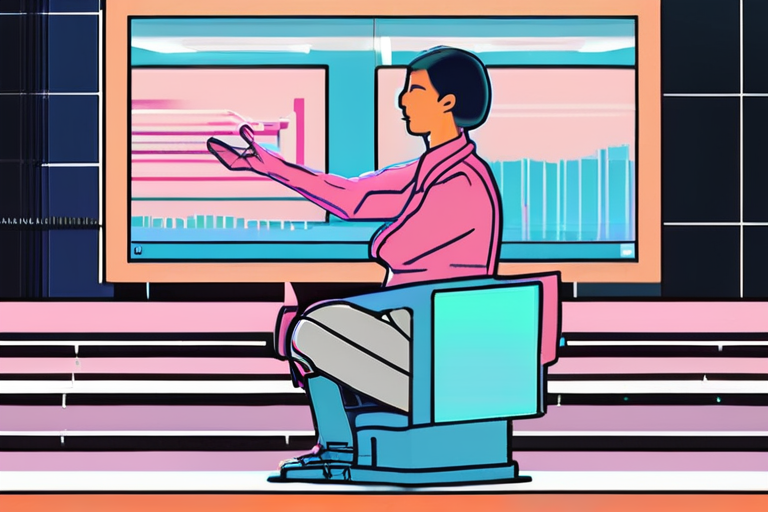
 Hoppi
Hoppi

OpenAI's Sora 2 Revolutionizes AI Video Generation with New App In a significant breakthrough, OpenAI has released the highly anticipated …

Hoppi

OpenAI's Sora App Brings AI-Generated Deepfakes to the Mainstream On Tuesday, OpenAI released its latest video app, Sora, which allows …

Hoppi

OpenAI Prepares to Launch Revolutionary Social App for AI-Generated Videos In a move that marks its entry into the social …

Hoppi

OpenAI's Sora 2 Revolutionizes AI Video Generation with Sound On Tuesday, OpenAI announced the release of its second-generation video-synthesis AI …

Hoppi

OpenAI's Sora App Revolutionizes AI-Generated Content with Deepfakes On Tuesday, OpenAI released its latest video app, Sora, which allows users …

Hoppi

OpenAI's Sora 2 Revolutionizes AI Video Generation with Sound On Tuesday, OpenAI unveiled its second-generation video-synthesis AI model, Sora 2, …

Hoppi